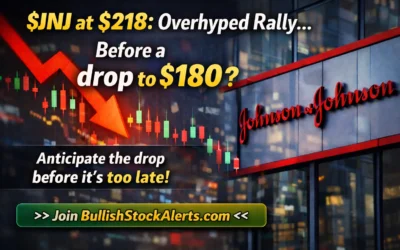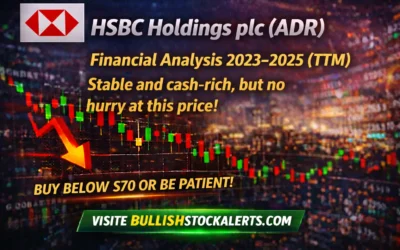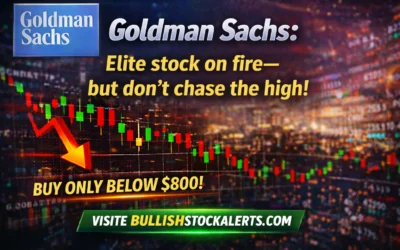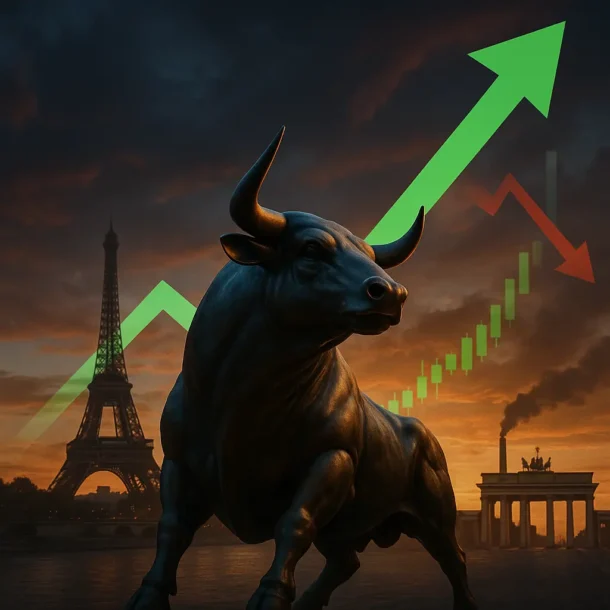In recent months, Vladimir Putin has faced a difficult economic challenge: balancing inflation control with the need for economic growth. As the Russian economy grapples with the aftermath of the pandemic, sanctions, and global economic instability, the decision to combat inflation while encouraging growth has become a critical issue. This balancing act is not only significant for Russia but also has global consequences. How Putin navigates this economic dilemma will have far-reaching impacts on energy prices, global trade, and investor sentiment.
The Economic Dilemma: Inflation vs Economic Growth
Putin’s position is complex, as he faces the challenge of tackling inflation without stifling economic growth. The Russian economy is under tremendous pressure from multiple directions: rising energy prices, declining demand for some of Russia’s key exports, and economic sanctions imposed by the West. These factors have left Russia with two opposing economic pressures:
- Inflation: The costs of goods, particularly in sectors like food, energy, and manufacturing, have surged in Russia. Inflation poses a significant threat to Russia’s middle class, undermining public confidence and purchasing power.
- Economic Growth: While inflation threatens to slow economic activity, Russia also needs growth to sustain political stability. Growth is essential for job creation, supporting the working class, and maintaining the country’s global standing. Without growth, Russia’s political stability could be at risk, and Putin’s leadership could face increased domestic challenges.
The dilemma is straightforward but challenging: Control inflation, or stimulate growth—but not both at the same time without consequences.
Putin’s Strategy: Striving for Balance
Putin’s economic strategy is a compromise between these two competing forces. His approach involves navigating the difficult waters of monetary tightening to control inflation, while also taking steps to stimulate growth. Let’s break down his strategy.
Monetary Tightening to Control Inflation
One of the key methods for tackling inflation is raising interest rates. This is the central bank’s tool to cool an overheating economy by making borrowing more expensive. While this can slow inflation, it also increases borrowing costs for businesses and consumers. In Putin’s case, this has meant making tough decisions about how much inflation should be reduced without causing too much economic harm. Higher interest rates are also a risk for investment in certain sectors, particularly real estate and small businesses.
Putin has also attempted to maintain control over energy prices—a key factor in Russian inflation. The cost of oil and gas directly impacts the economy, and keeping energy prices low could stimulate growth in some sectors. However, this energy price control could result in economic distortion, reducing the ability to invest in infrastructure and energy innovation.
Stimulation of Growth Through Investment
Putin’s efforts to stimulate economic growth come through investment incentives aimed at boosting Russia’s key industries. These include manufacturing, agriculture, and technology sectors. Encouraging these sectors is essential for long-term economic diversification, especially as Russia continues to rely on its oil and gas revenues.
Moreover, Putin is keen to attract both foreign and domestic investments. Despite the ongoing sanctions, he’s seeking alternative trading partners, particularly in China, India, and other emerging markets. By fostering stronger trade relations with these countries, Putin aims to mitigate the impact of Western sanctions and boost Russia’s international trade.
Additionally, fiscal policies have been introduced to spur domestic investment in Russian businesses. Lower corporate taxes, government subsidies, and state-backed initiatives have been designed to encourage private-sector growth, particularly in innovation-driven industries.
The Global Impact of Putin’s Economic Strategy
Putin’s strategy has far-reaching implications not just for Russia, but for global markets as well. The balance between inflation control and growth in Russia will affect energy prices, global trade relations, and even international investor sentiment. Here’s a closer look at how these factors will play out:
Energy Prices and Global Stability
Russia is a major player in the global energy market, particularly when it comes to oil and natural gas. The decisions Putin makes regarding energy prices—both domestically and on the international market—will have a direct impact on global energy prices. With Russia’s economic growth largely dependent on energy exports, any decision to lower or increase domestic prices will send ripple effects across global energy markets.
Additionally, Russia’s energy policies are likely to influence the dynamics between Russia and Europe, as energy dependence remains a significant geopolitical issue. A shift in energy policy could increase global energy volatility and impact economic relationships with major trading partners.
Global Inflationary Trends
If Putin succeeds in controlling inflation within Russia, the global economy may see some stabilization. However, if his measures fail and Russia continues to experience rising inflation, there could be spillover effects into global markets. Other countries, particularly those reliant on Russian energy or supply chains, could face higher costs, contributing to global inflation. Moreover, Russia’s domestic inflationary pressures could increase food prices, especially in Europe and Asia, which import large quantities of Russian agricultural goods.
Investor Sentiment and Emerging Markets
Putin’s ability to stabilize the Russian economy and manage inflation without curbing growth will influence investor confidence. Investors are likely to be cautious about long-term investments in Russia if inflation remains unchecked or economic growth stagnates. On the other hand, successful management of this delicate balance could bolster investor confidence, particularly in emerging markets.
Additionally, Russia’s efforts to diversify its economy by shifting its focus towards non-energy sectors such as technology and agriculture could appeal to investors looking for growth opportunities outside the traditional sectors. However, this requires a stable political environment, which remains uncertain as Russia navigates domestic and international challenges.
Trade Relations and Global Supply Chains
As Russia navigates inflation and growth, its trade relations with key partners, especially China, India, and Turkey, will play a critical role in its economic recovery. A strong partnership with these countries could lead to increased trade, reduced reliance on Western markets, and a diversified supply chain. This shift in trade alliances could influence global supply chains, especially for oil and gas, and affect how goods flow between major economies.
What’s Next for Putin’s Strategy and the Global Economy?
The outcome of Putin’s economic compromise will likely determine Russia’s position in the global economy. If he succeeds, Russia could emerge with a more resilient economy, better insulated from sanctions and global shocks. If his strategy falters, the country could face stagnation, higher inflation, and increasing political unrest.
For global investors, monitoring Putin’s economic actions is crucial. As Russia continues to play a central role in global energy markets, geopolitical developments, and economic reforms in Russia will likely influence investment strategies and market stability across emerging economies.
Ultimately, Putin’s ability to balance inflation and growth will not only shape Russia’s future but could also set the tone for broader economic trends, with long-term implications for global trade, energy prices, and investment flows.
Did you find this article insightful? Subscribe to the Bullish Stock Alerts newsletter so you never miss an update and gain access to exclusive stock market insights: https://bullishstockalerts.com/#newsletter
Avez-vous trouvé cet article utile ? Abonnez-vous à la newsletter de Bullish Stock Alerts pour recevoir toutes nos analyses exclusives sur les marchés boursiers : https://bullishstockalerts.com/#newsletter








0 Comments